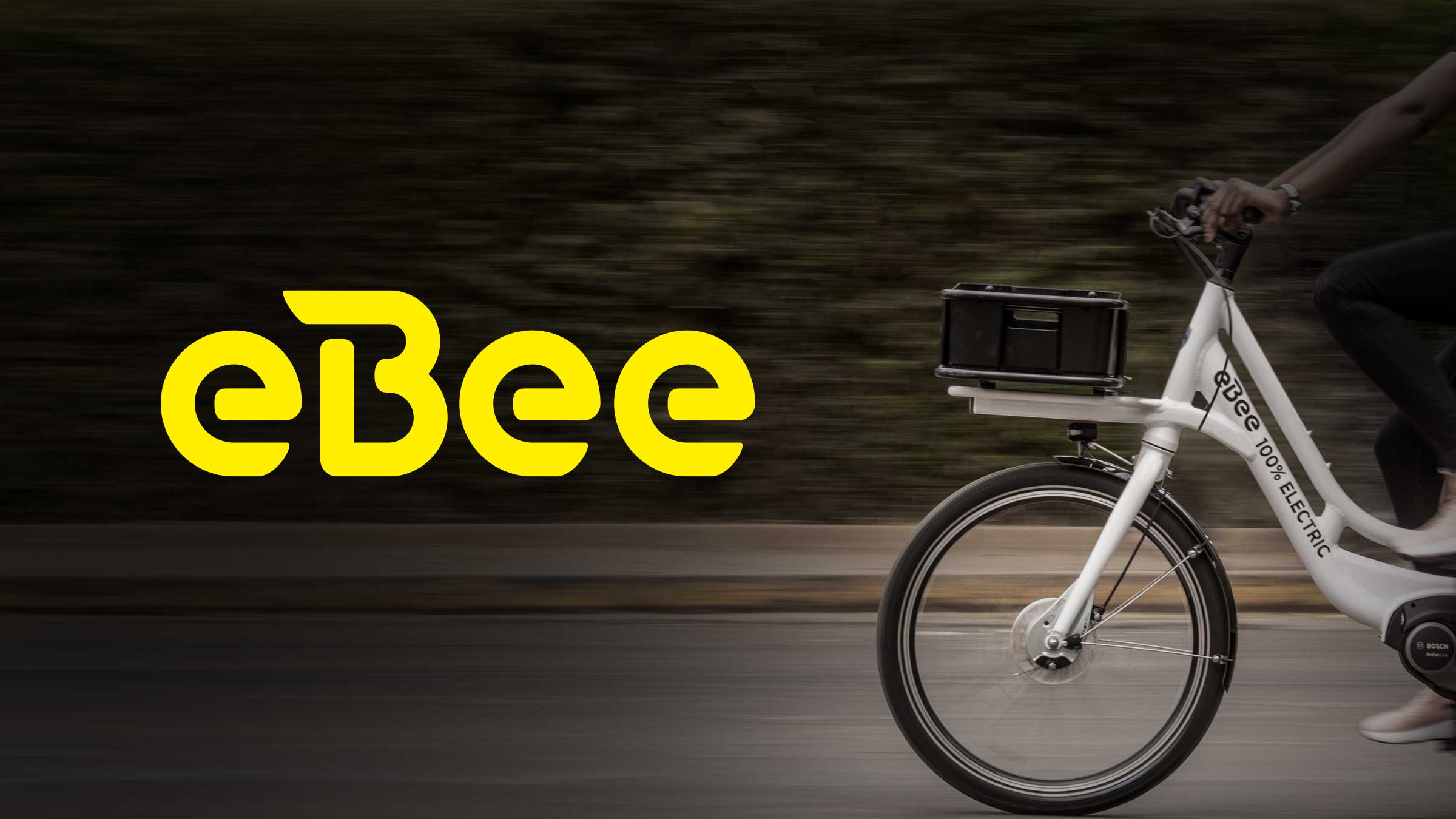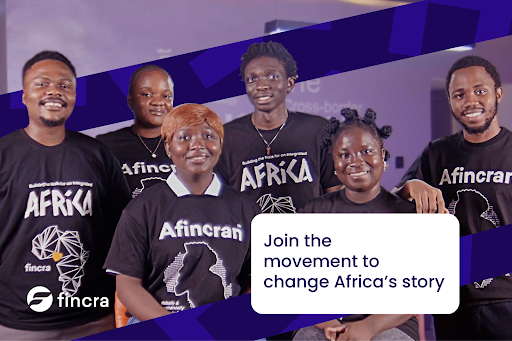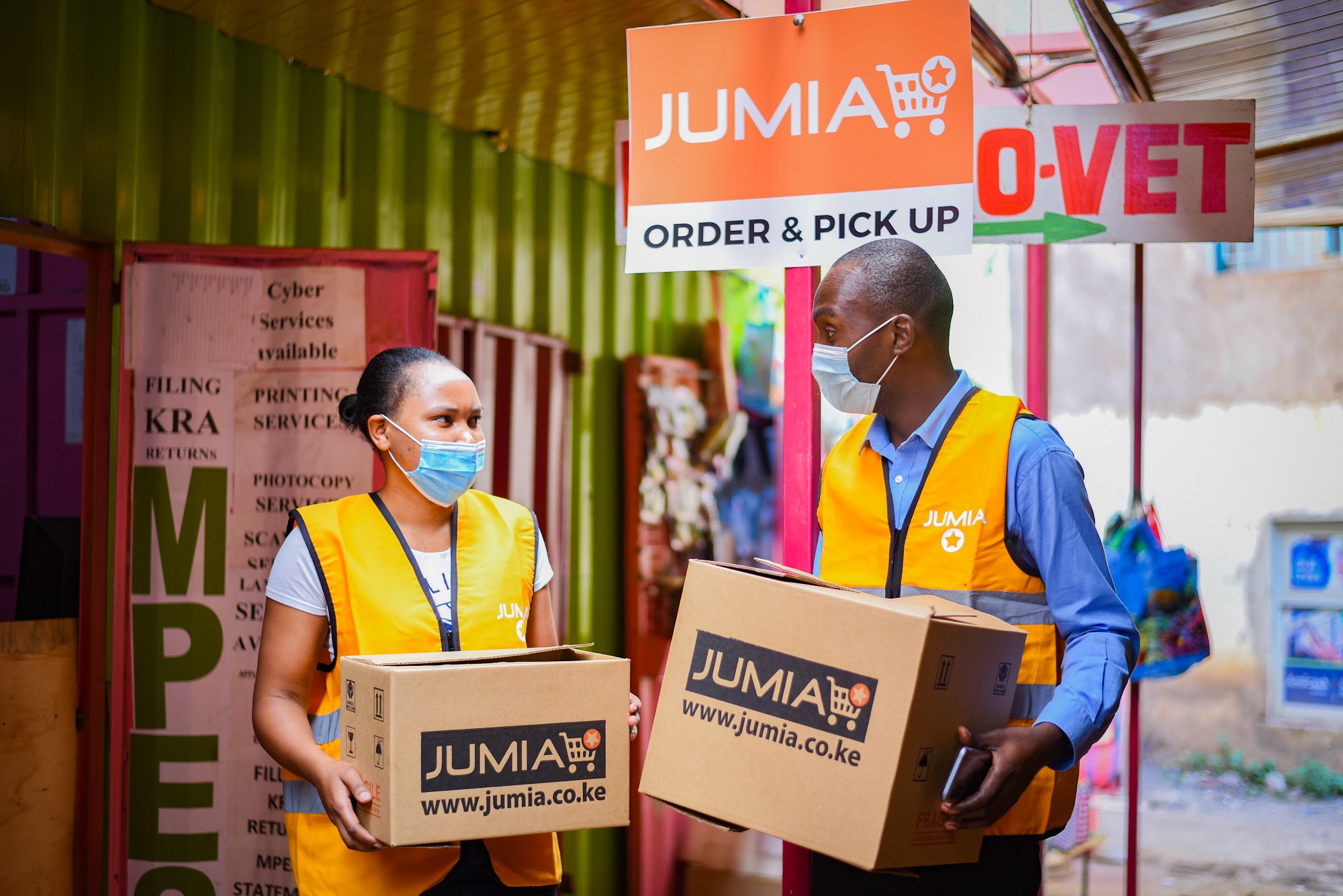

TGIF! 
Wema Bank, a mid-tier commercial bank, just became the highest-paying bank in Nigeria after increasing salaries for its 1,700 workers.
Executive trainees, previously earning ₦255,000 ($171) per month, will now start at approximately ₦541,000 ($362)—a 112% increase. Assistant banking officers will see their pay rise from ₦681,000 ($455) to ₦830,000 ($555), while banking officers’ salaries will climb to ₦1.015 million ($679) from ₦875,000 ($585). Senior banking officers, who previously earned ₦1.07 million ($715), will now take home upwards of ₦1.2 million ($802) per month, outpacing tier-1 banks like Access Bank, where senior banking officers earn ₦1.1 million ($736).
Wema is the fifth bank to increase salaries for its staff in the last six months. The competition in Nigeria’s banking sector is getting tighter; smaller banks want to stay in the fight.

Mobility
Ebee Mobility loses tax appeal

Kenya’s push to incentivise local manufacturing through favourable tax policies is encouraging original equipment manufacturers (OEMs) to follow the rules—or try harder—and save on taxes. By paying lower taxes on assembly parts rather than fully imported products, OEMs can significantly cut their tax burden, freeing up money to invest in local production. This strategy supports Kenya’s broader goal of reducing import dependency and growing industrialisation.
However, the recent tribunal ruling against Ebee Mobility, a Kenyan e-mobility startup, reflects the challenges in navigating these tax classifications. In a recent hearing, the tax appeal tribunal upheld the Kenya Revenue Authority’s (KRA) decision to classify Ebee Mobility Kenya’s consignment of e-bikes as fully built units rather than assembly parts. By doing so, both the tribunal and the Kenya Revenue Authority (KRA) have set a precedent that could raise operational costs for startups that rely on imported components.
The e-mobility startup argued that it didn’t import complete bikes; it sourced the batteries locally, which qualifies it partly as a local e-bike assembler. However, this wasn’t a sufficient claim for the tribunal.
“Even if the bicycle has a battery, and there is no motor to convert the electrical energy to kinetic energy to propel the bike, then the battery has no value in turning the bike into electrical,” the tribunal stated.
Had Ebee won the appeal, it would have qualified for a reduced 10% tax rate instead of the 25% import duty it now faces, along with additional VAT and excise duties. This would have meant a tax relief of nearly $33,000 (KES 4.2 million) based on the original back tax demand—money that could have been used to expand operations or improve local assembly capacity.
This issue ties into the government’s wider plan to tax foreign smartphone brands more heavily and introduce vendor licencing, aiming to create fairer competition for local OEMs against well-funded smartphone makers. While these measures could help domestic manufacturing and create jobs, the lack of clear tax guidelines could still do more damage for local OEMs.
There needs to be clearer guidelines for automakers on what is taxable across complete knocked down (CKD) assembly, semi-knocked down (SKD) assembly, completely built-up (CBU) vehicles, and their individual components. The lack of these clear guidelines and a fair tax system creates a challenging business environment for Kenyan OEMs. Without these fixes in place, policies designed to stimulate local innovation could inadvertently stifle growth and undermine Kenya’s potential to become a frontrunner in the manufacturing and technology sectors.
Are you an Afincran?

If you’re building solutions for Africa, you already are. Join Fincra’s mission to empower Africa through collaborative innovation. Together, we’re building the rails for an integrated Africa. Join the Afincran movement—let’s drive change!
E-commerce
Despite wins on cost-cutting methods, Jumia will take its search for profitability into 2025

For businesses, achieving cost-efficiency is a critical step towards profitability. For Jumia, this has been a central focus under the leadership of CEO Francis Dufay, who took the helm in 2022. The African e-commerce giant has since embarked on an aggressive cost-cutting journey, streamlining its operations to prioritise sustainable growth.
Jumia has made tough decisions to reduce expenses: multiple rounds of layoffs, significant cuts to sales and marketing budgets, and exits from low-performing markets like South Africa and Tunisia in December 2024. The company has also shifted its focus to low-cost customer acquisition channels as it tries to balance its unit economics. On paper, these measures appear sound. Yet, despite these efforts, profitability remains out of reach.
Jumia’s Q4 2024 report, which included its full-year performance, revealed declines in several key metrics: revenue, gross merchandise value (GMV), and active users. Revenue for 2024 stood at $167.5 million, a 10% drop from the previous year. GMV, a crucial indicator of e-commerce performance, fell by 4% to $720.6 million. Meanwhile, active users declined from 10.1 million to 8.3 million, with only about 40% of users returning.
Additionally, $13.5 million in supplier pre-payments further strained the company’s cash flow, contributing to its operating cash burn. If losses continue, Jumia may need to secure additional funding or implement further efficiency measures to extend its cash runway. External factors, such as FX volatility and currency devaluation in key markets, continue to pose financial problems for Jumia.
The startup’s net losses remain substantial. In 2024, the company reported a net loss of $99.1 million, slightly lower than the $104.2 million loss in 2023. Yet, this improvement comes despite higher revenue in 2023, indicating that more work is needed to increase revenue and reduce losses.
Despite these challenges, there were signs of progress. Jumia reduced its operational losses by 12% year-on-year to $64.7 million—declining for the second full-year in a row—signaling the startup’s stance on adopting a tighter cost-conscious approach. Expenses across sales and marketing, fulfilment, technology, and administration saw significant improvements, further validating Dufay’s strategy.
While Dufay’s cost-efficiency methods are beginning to yield results, Jumia’s path to profitability remains uncertain. The company has made strides in reducing operational losses, but achieving sustainable profitability will require continued discipline and strategic adjustments in a challenging economic environment.
You can now Pay with Opay on Paystack Checkout

Paystack merchants in Nigeria can now accept payments from over tens of millions of OPay users through Paystack Checkout. Find out more here→
Economy
CBN holds rates after CPI rebasing

Yesterday, Nigeria’s Central Bank (CBN) halted its aggressive monetary tightening.
The CBN, which raised interest rates six consecutive times last year, left interest rates unchanged—at 27.5%—during its monetary committee meeting on Thursday.
The hold stance by the CBN comes after the Nigeria Bureau of Statistics changed the way it calculated inflation. The rebasing, which updates the components used to measure inflation, lowered reported inflation rates, even though underlying price pressures remain high.
This latest decision suggests the central bank is pausing to evaluate the impact of the rebasing and recent hikes rather than committing to further tightening.
The Central Bank governor in his speech reiterated that the CBN was committed towards using orthodox methods to combat inflation. The governor also noted that inflationary pressures are gradually subsiding , evidenced by the exchange rate stability and a gradual slowdown in fuel price increases.
Yesterday’s move by the CBN was widely expected by analysts who expect the CBN to observe the rebased numbers for at least three months before making its next decision.
With the next MPC meeting scheduled for May 2025, investors will be watching for signals on whether the CBN maintains its hawkish stance or shifts toward easing if inflation shows signs of further moderation.
The Moonshot Deal Book is Coming!

Introducing the Moonshot Deal Book—our exclusive collection of the most promising and investable startups in Africa. If you’re an investor looking for the most exciting investment opportunities on the continent, sign up to join the waitlist and you’ll be among the first to access this investor-focused resource once it is live. Join the waitlist.
CRYPTO TRACKER
The World Wide Web3
Source:

|
Coin Name |
Current Value |
Day |
Month |
|---|---|---|---|
| $98,326 |
+ 1.28% |
– 6.83% |
|
| $2,752 |
+ 0.56% |
– 17.19% |
|
| $0.6913 |
– 51.59% |
– 51.59% |
|
| $175.27 |
+ 1.54% |
– 31.51% |
* Data as of 06:45 AM WAT, February 21, 2025.
Events
- The ATCG Abuja 2025 Convening, themed “From Potential to Practice—Accelerating AfCFTA Implementation for African Tech and Creative Sectors” will be held from February 24-25, 2025. A centrepiece of the programme will be a ministerial roundtable featuring Nigeria’s Ministers of Communication, Innovation & Digital Economy, and Trade & Industry. During this two-day event, anticipate game-changing insights, powerful partnerships, and high-energy discussions that challenge boundaries and unlock new opportunities across the continent. If you work in the technology and creative sectors in Africa and wish to create new business opportunities by leveraging pan-African digital trade, then this event is for you. Don’t just witness Africa’s digital transformation—be a part of it! Register here.
- The Africa Tech Summit in Nairobi, Kenya taking place 12th & 13th Feb 2025 will once again provide unrivaled insight, networking and business opportunities for African and international investors and tech leaders who want to drive growth across the Continent. The event connects 2000+ industry leaders, 1000+ companies, and 160+ speakers via four tracks plus workshops, expo and multiple fantastic networking opportunities. Tickets are on sale now.
- The Lagos Tech Fest is set to hold its fifth edition from February 19–20, 2025 at the Landmark Event Center, VI, Lagos. Lagos Tech Fest gathers startups, innovators, investors, and government representatives to shape Nigeria’s tech future through conferences, exhibitions, networking, and driving ecosystem investments. Get a ticket here.
- GITEX AFRICA 3rd edition is NOW OPEN for registration. Africa’s largest tech and start-up event will be held from 14-16 April 2025 in Marrakech, Morocco. Attend to see the leading brands in tech, and the most innovative startups, and network with tech leaders, investors, speakers and government delegations from across Africa and across the globe. Register here.

Written by: Emmanuel Nwosu and Faith Omoniyi
Edited by: Olumuyiwa Olowogboyega
Want more of TechCabal?
Sign up for our insightful newsletters on the business and economy of tech in Africa.
- The Next Wave: futuristic analysis of the business of tech in Africa.
- Entering Tech: tech career insights and opportunities in your inbox every Wednesday at 10 AM WAT.
- TC Scoops: breaking news from TechCabal
P:S If you’re often missing TC Daily in your inbox, check your Promotions folder and move any edition of TC Daily from “Promotions” to your “Main” or “Primary” folder and TC Daily will always come to you.

from TechCabal https://ift.tt/TCuSoxn
via IFTTT




Write your views on this post and share it. ConversionConversion EmoticonEmoticon